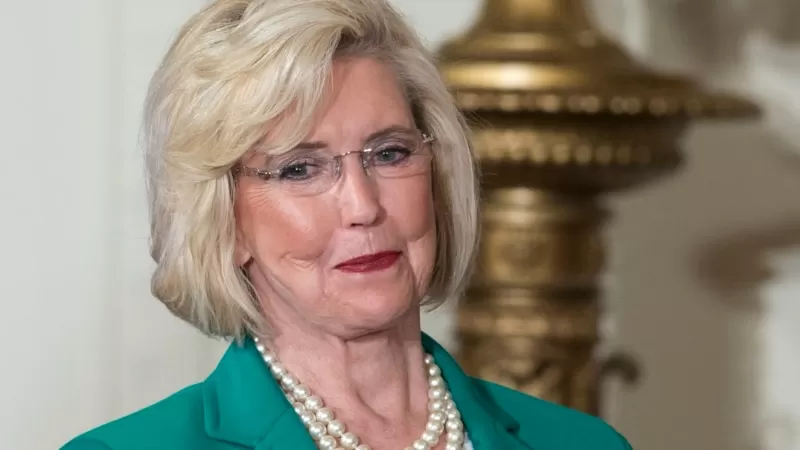New York – Lilly Ledbetter, a former Alabama factory manager whose lawsuit against her employer sparked a movement for equal pay, has passed away at the age of 86.
Ledbetter’s fight for equal pay began when she discovered that she was earning significantly less than her male counterparts at the Goodyear Tire & Rubber Co. plant in Alabama. Despite her efforts, her case was dismissed by the Supreme Court in 2007 due to a technicality – she had filed her complaint too late. This ruling sparked outrage and brought attention to the issue of wage discrimination.
However, Ledbetter’s determination and perseverance did not go unnoticed. In 2009, former President Barack Obama signed the Lilly Ledbetter Fair Pay Act into law, giving workers the right to sue for wage discrimination within 180 days of each discriminatory paycheck, not just the first one.
In a statement, Obama praised Ledbetter for her courage and determination, saying, “Lilly did what so many Americans before her have done: setting her sights high for herself and even higher for her children and grandchildren.”
Ledbetter’s family announced that she passed away on Saturday due to respiratory failure. Her legacy, however, will continue to inspire and motivate generations to come.
Even after the passing of the law named in her honor, Ledbetter continued to advocate for equal pay for all. Last week, a film about her life, titled “LILLY,” premiered at the Hamptons International Film Festival, further spreading her message of equality.
The team behind the film expressed their condolences on social media, saying, “Lilly was an ordinary woman who achieved extraordinary things, and her story continues to motivate us all. We will miss her.”
In January of this year, President Joe Biden marked the 15th anniversary of the Lilly Ledbetter Fair Pay Act with new measures to help close the gender wage gap. These measures include a new rule that prohibits the federal government from considering a person’s current or past pay when determining their salary.
Ledbetter had been a strong advocate for this measure, co-writing an opinion piece in Ms. Magazine with Deborah Vagins, director of the Equal Pay Today advocacy group. However, despite these efforts, more comprehensive initiatives, such as the Paycheck Fairness Act, have yet to be passed. This act would strengthen the Equal Pay Act of 1963 and further combat wage discrimination.
The urgency to address the gender wage gap has only increased in recent years. Last month, the Census Bureau released its annual report, which showed that the gender wage gap between men and women had widened for the first time in 20 years. In 2023, women working full time earned 83 cents on the dollar compared to men, down from 84 cents in 2022.
This disappointing trend has been a cause for concern among advocates, who have been frustrated by the lack of progress in closing the wage gap over the past two decades. Despite women making gains in the C-suite and earning college degrees at a faster rate than men, the gap persists. Experts point to various factors, such as the overrepresentation of women in lower-paying industries and a weak childcare system that often forces women to step back from their careers during their peak earning years.
In 2018, during the height of the #MeToo movement, Ledbetter wrote an opinion piece in The New York Times, sharing her own experiences with workplace sexual harassment and linking it to pay discrimination.
Emily Martin, chief program officer at the National Women’s Law Center, worked closely with Ledbetter and described her as “indefatigable.” She said, “She was always ready to lend her voice, to show up to do a video, to write an op-ed. She was always ready to go.”
Ledbetter’s fight for equal pay began in 1999 when she was a manager at the Goodyear plant in Gadsden, Alabama. After receiving an anonymous note revealing the pay disparity, she filed a lawsuit and initially won $3.8 million in backpay and damages from a federal court. However, she never received the money after eventually losing her case before the Supreme Court.
While the law named after her does not directly address the gender wage gap, Martin believes it set an essential precedent for enforcing equal pay laws. She said, “She is really an inspiration in showing us how a loss does not mean you can’t win. We know her name because she lost, and she lost big, and she

